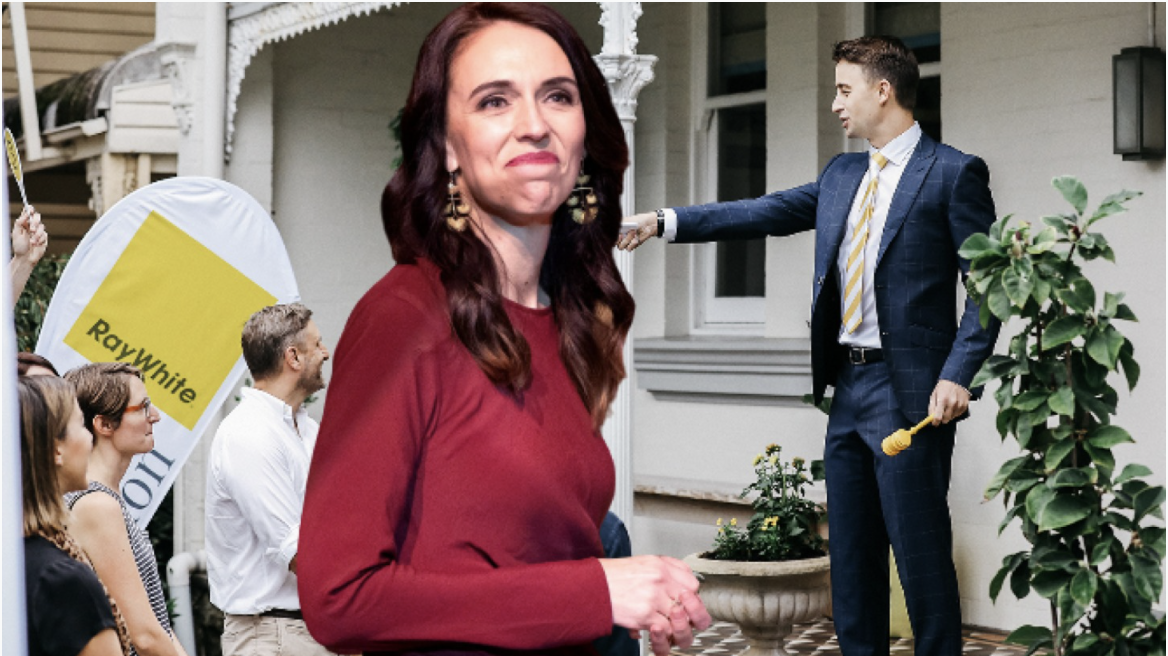NZ real estate agents write their own listing agreements and every company’s is different. It seems ridiculous but it is true. Each company writes their own to protect themselves. I will discuss what is directly affecting house prices the most.
The biggest issue we have is the CMA (current market analysis). Prior to listing the property, the agent must give the vendor an accurate range of value as to where the property sits, and state their commission based on that range. This is a point of contention, as the highest CMA presented to the homeowner usually gets the listing.
If the CMA was passed on to buyers it would change real estate dramatically in New Zealand as it would be the biggest disruption the industry has seen since 1994, when the Australian version of auctions hit.
The big Aussie firms like Ray White and LJ Hooker virtually removed property prices from NZ property listings in favour of vendor-paid advertising and auctions. Properties that used to take 40-60 days to sell were instead subjected to an intense 21 day auction campaign. This brought quicker turnaround and cash contracts. Developers and speculators loved it. Real estate agencies started to become mega wealthy, but at the expense of value and stability.
Currently, our system avoids all agent responsibility with value at auction/tender etc, except for some values placed in the agents’ code of conduct. If asked directly by a buyer what the owner wants for the property, the agent would have to respond accurately.
Both parties, the vendor and the agency, agree that the CMA is confidential to them.
- Why should a New Zealand real estate agency not be accountable to justify a value they have put on a New Zealand property?
- Why should they be able to avoid passing this on to the public?
- Why should they not have to explain how they came to the value?
It is wrong that they make it confidential so that they avoid all accountability to the buyer.
One little clause allows agents all over New Zealand not to reveal what they told the homeowner their property was worth. This is done to protect an auction system that cranks out cash on a 21-day cycle like no other business in New Zealand.
The auction system relies on underbidders. If a property was worth $1.8m and you told the market it was worth $1.8m, at auction you would end up with fewer bidders because knowing the CMA would sort out value. If the bidder opens bidding at $1.4m and no one else bids, it’s hard work to make him a $1.8m dollar buyer. In addition, most agents push the CMA higher knowing it is not a disclosed item. If that wasn’t the case auctions would only be for properties that were unique and created high interest, instead of every property in Auckland. Most would have to provide a price backed up with statistics as is done in most other parts of the world.
However, if you tell everyone you have strong interest at $1.2m, either by using a low CV or inventing buyer feedback, you will end up with many bidders as the price of $1.2m looks great. However, most will not be able to afford the home and will waste their money on builder’s reports and a property inspection for a home that was never in their price range. The number of bidders created by the strategy will push $1.8m buyers across the line as all the interest creates a frenzy.
After the auction, all the $1.2 and $1.4m buyers will ring and email media and politicians complaining that the market is on fire and that $1.2m dollar properties are selling at $1.8m. The contrived frenzy soon creates a real frenzy. During a property shortage, this effect is amplified.
Please share so others can discover The BFD.

